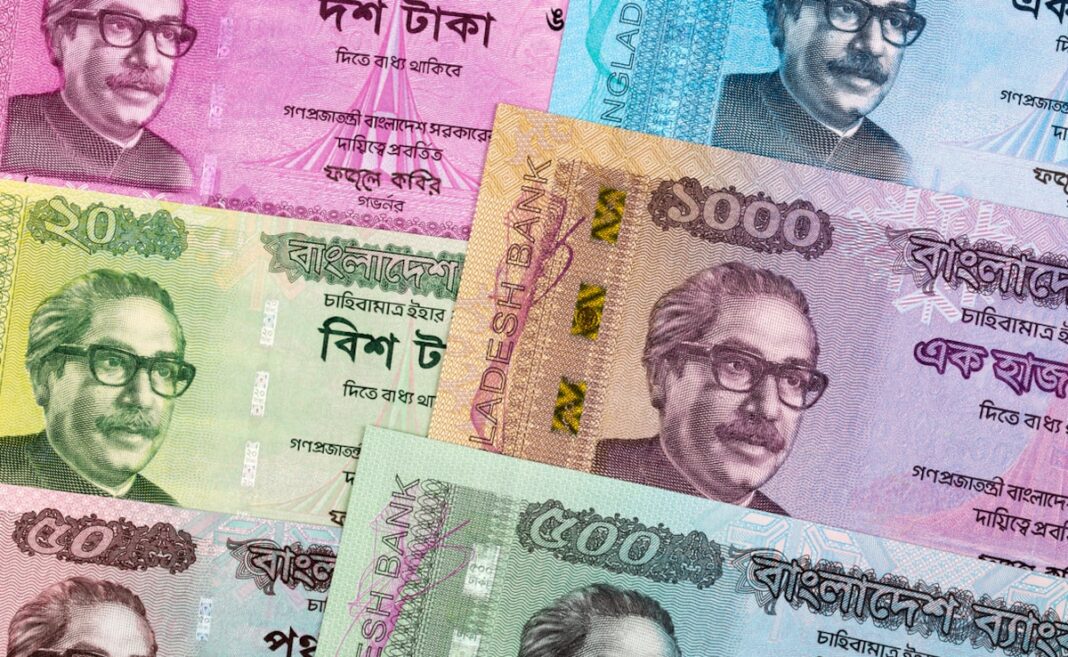[
]

Bangabandhu (friend of Bangladesh) – the name by which Sheikh Mujibur Rahman had been known, seems quite ironic to what’s happening there, since the country identifies him as a nemesis now. Bangladesh is set to erase the image of Rahman, the iconic founding father of the country, from its currency notes.
“We aim to release the new notes within the next six months,” said Husneara Shikha, Executive Editor of Bangladesh Bank.
This is a big decision taken by the Bangladesh government because Rahman has been a part of the currency since the country’s inception on March 4th, 1972.
Since Hasina fled Bangladesh after the student-led protests, Muhammad Yunus, a Nobel laureate, took charge as the Chief Adviser of an interim government.
Months after ousting Sheikh Hasina as the Prime Minister, Bangladesh is set to remove her father, from the face of Bangladesh currency and print new notes Taka 20, 100, 500, and 1,000 – as Bangladesh Bank has confirmed. This takes place just weeks after Rahman’s portrait was taken down from Yunus’ office as a “concession” given to the student protesters from the caretaker government.
Mahfuz Alam, an adviser to the government, said “Photo of Sheikh Mujibur Rahman- Post ’71 Fascist, is removed from Darbar Hall. It is a shame for us that we couldn’t remove his picture from Bangabhaban after the 5th August. Apologies. But, he won’t be seen anywhere till people’s July spirit lives on.”
The central bank has further added that the “graffiti” drawn during the July protests, with some religious structures and Bengali traditions will be included in the designing of the new notes.
This move can be perceived as the country trying to make a shift from its identity and the legacy of Bangabandhu. It is also interesting to note that a national holiday on August 15th has been cancelled, since that day marked the assassination of Sheikh Mujibur Rahman. Along with this, several institutions have been renamed, removing Hasina and Rahman from their legacy.
In her recent remarks, Hasina accused Yunus of being “involved in genocide” and failing to protect minorities in Bangladesh.
However, Bangladesh’s International Crimes Tribunal has termed her comments as “hate speech”, and the country’s leaders said a smear campaign is going on against the Yunus government.


